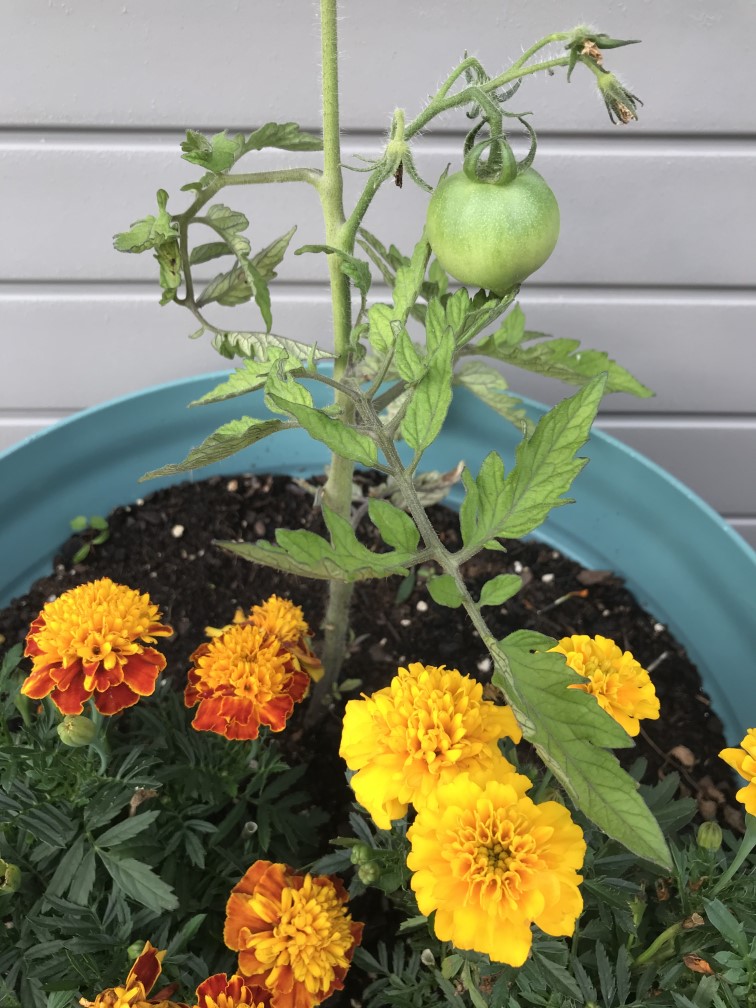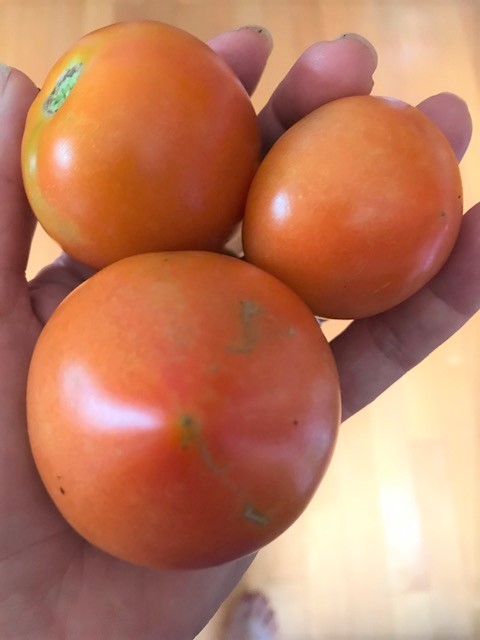One Christmas, I used some excellent planning advice. I asked each family member which minor Christmas tradition was most important. If I had to streamline, why remove a favorite?
After twenty-five years, I vividly remember one request—keep the candy dish. The Christmas before, I had filled a crystal wedding present with assorted wrapped candy. Nice candy. Each child was allowed to pick one piece a day during Advent. I had forgotten the candy dish and did not think its one appearance constituted a tradition. However, a small heart did.
To reduce Thanksgiving cooking, a friend asked her family which dishes meant the most. She received her answers, and advice. “Mom, we like the store-bought dressing better than your homemade. Serve that.”
For over a decade, I served a cranberry coffee cake Christmas morning. It was eaten without much comment. Two years ago, a son living in another state mentioned how much he loved it and couldn’t wait to taste it again. That reminded me to ask as well before making any menu changes.
Along the way I learned not to assume which food or traditions were important to my family.

Which questions might reduce your holiday busyness?







